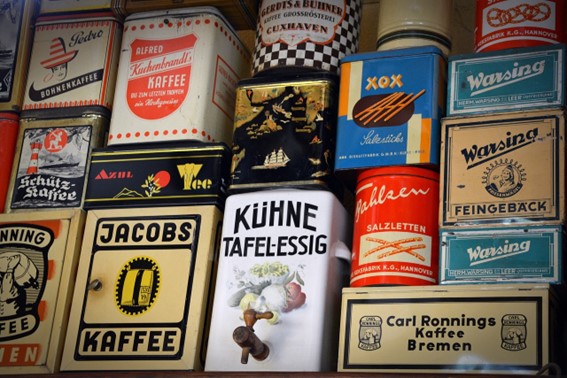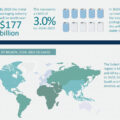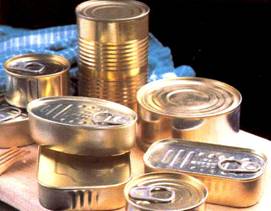The global metal food cans market, valued at $26.5 billion in 2024, is projected to grow at a robust compound annual growth rate (CAGR) of 3.8% over the next decade, reaching $38.4 billion by 2034. These are the figures from the futuremarketinsights report
Increased consumer demand for packaged foods that are convenient, environmentally friendly and nutritious, coupled with advances in smart packaging and the expansion of online grocery platforms, are driving this remarkable growth.
Several demand and growth drivers are transforming the industry. One of these is the ability to use food that can be carried and consumed on the go. As lifestyles become more hectic, there is a growing preference for ready-to-eat meals and products with an extended shelf life, features that metal cans offer. The preservation provided by cans also makes them a good choice.
Another key driver of growth is rising disposable incomes in emerging markets. As income levels rise, especially in regions such as Asia-Pacific and Latin America, consumers are spending more on processed and packaged food products. Urban population growth in these regions is also driving an increase in demand for packaged foods.
Sustainability is another important factor contributing to market growth. Consumers are increasingly environmentally conscious and demand packaging solutions that are durable and recyclable.
Metal food cans, made primarily from aluminum or steel, are highly recyclable, making them an attractive option for environmentally conscious consumers. Many companies are also adopting more sustainable practices, such as reducing the carbon footprint in the manufacturing process and using environmentally friendly coatings for cans.
In addition, technological innovations in canning processes have resulted in lighter, more efficient and environmentally friendly packaging solutions. Advances, such as the development of thinner, more durable cans and improved sealing technologies, have increased the shelf life of products while reducing material usage, benefiting both manufacturers and consumers.
Finally, the growth of the e-commerce sector is also driving demand, as consumers increasingly purchase food products online, where metal cans are more convenient and durable during shipping and handling.














